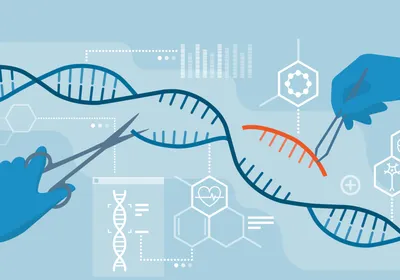The Nuffield Council on Bioethics, an influential, independent body in the U.K. that provides recommendations on medical and biological questions, released a report today (July 17) suggesting that gene-editing of human embryos should be permissible in some circumstances. UK law currently prohibits making alterations to people that could be passed down to future generations, and the report stops short of recommending an immediate change to that policy, but instead encourages public debate around what regulations should be in place.
“It is our view that genome editing is not morally unacceptable in itself,” Karen Yeung, chair of the working group behind the report and a professor of law, ethics, and informatics at the University of Birmingham, tells The Guardian. “There is no reason to rule it out in principle.”
The working group recommends that changing embryos’ genes should only be permitted when the intervention would benefit the future child, and when ...





















